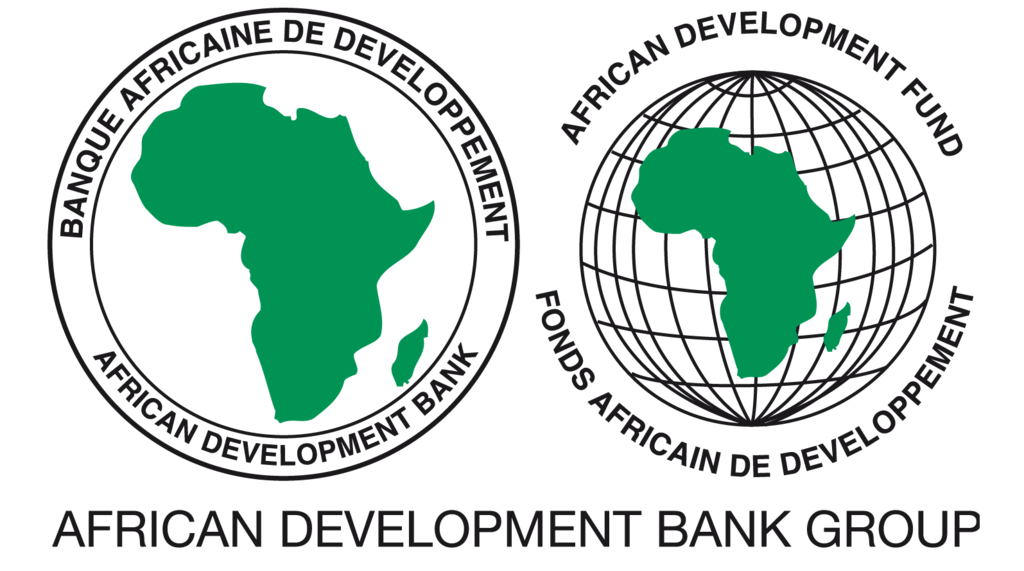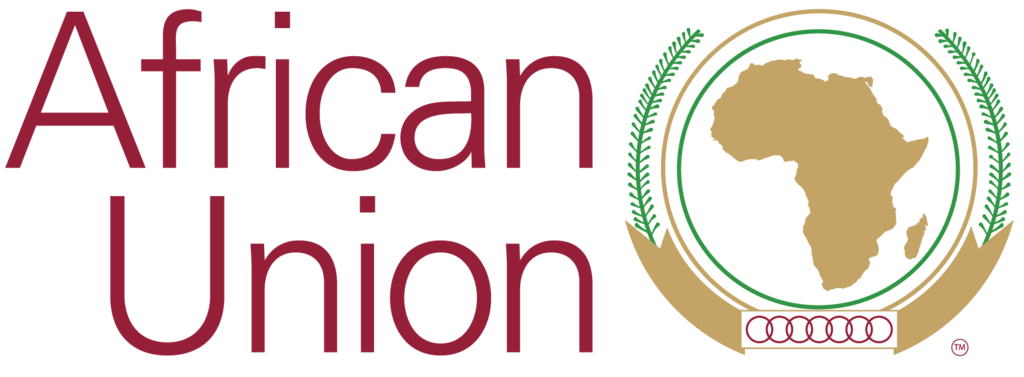The availability of reliable, affordable and sustainable energy services is one of the main constraints limiting Africa’s development with some 612.6 million African not having access to electricity and around 850.3 million relying on solid fuels for cooking.
The Sustainable Energy for All Initiative is a multi-stakeholder partnership between governments, the private sector, and civil society. Launched by the UN Secretary-General in 2011, it has three interlinked objectives to be achieved by 2030:
- Ensure universal access to modern energy services.
- Double the global rate of improvement in energy efficiency.
- Double the share of renewable energy in the global energy mix.
At the core of the SEforALL Initiative, there is the concept that access to sustainable energy is not an end in itself but that sustainable and modern energy services are key to achieve improvements in most sectors including health, education, economic development, poverty reduction, gender empowerment, environment protection and climate change.
SEforALL is a wide-ranging collaborative effort designed to leverage existing efforts and promote and inspire new approaches to achieve its ambitious objectives.
SEforALL is based on the principle of voluntary actions and national commitments, but it has a structure to ensure coordination at the national, regional and global level.
The Initiative’s main bodies are:
The Advisory Board, co-chaired by the Secretary General of the United Nations and the President of the World Bank, provides overall strategic guidance. The president of the AfDB is a member alongside some fourty high-level personalities from international organizations, Governments, private sector and civil society.
The Executive Committee, a smaller group formed by personalities from the private, public and non-profit sectors, has the objective of advising and evaluating the CEO, review and comment the initiative strategy and work plan.
The SEforALL Partnership, based in Vienna, is an International non-profit organisation with a partnership agreement with the UN. It is the executive arm of the initiative, facilitating its adoption worldwide, organising meetings, pushing the policy agenda, facilitating country actions and linking all the actors in a coordinated way.
The Regional Hubs facilitate the implementation of the initiative at the regional level providing advice and assistance as needed. Four regional Hubs have been established: The Africa Hub (at the African Development Bank in Abidjan, Côte d'Ivoire), the Latin America and Caribbean Hub (at the Inter American Development Bank in Washington DC, USA), the Asia-Pacific Hub (at the Asian Development Bank in Manila, Philippines) and the Europe-Central-Asia-Mediterranean Hub (at the European Bank for Reconstruction and Development in London, UK).
The Thematic Hubs support key thematic areas of SEforALL. The following six have been established: Energy Efficiency (at the Technical University of Denmark/UNEP in Copenhagen), Renewable Energy (at the International Renewable Energy Agency, in Abu Dhabi, UAE), Knowledge Management (at the World Bank, Washington DC, USA), Capacity Building (at the Energy and Resources Institute, New Delhi, India), Energy Efficiency Facilitation (the Energy Conservation Center, Tokyo, Japan) and the Bottom-of-the-Pyramid (UNDP, New York, USA).
The High Impact Opportunities (HIOs) are action areas that are likely to show significant potential to advance the three objectives of SEforALL. They bring together partners working on specific areas, such as clean energy mini grids, energy and women's health or the water-energy-food nexus.
SEforALL has been a driving force regarding the ongoing intergovernmental processes related to energy in the context of the Sustainable Development Goals (SDGs) for the post-2015 development agenda. As a result, energy has been centrally placed as goal number 7 in the 2030 SDG list. The proposed goal stipulates to “ensure access to affordable, reliable, sustainable and modern energy for all”. The objective and its accompanying targets on energy access, energy efficiency and renewable energy build on the objectives of SEforALL.





